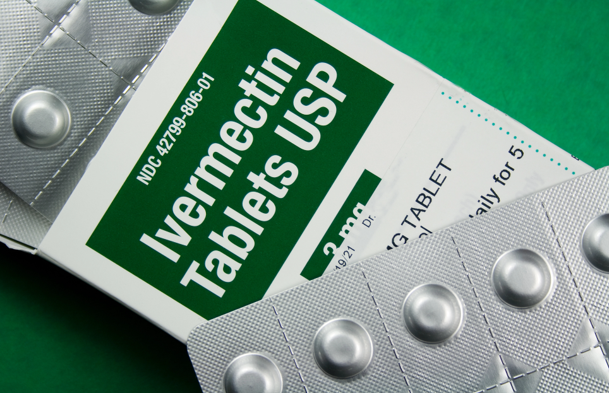
Breaking News
 Voter Fraud Is About To Explode: ITS BLOWING UP IN THEIR FACES thanks to Trump and Tulsi
Voter Fraud Is About To Explode: ITS BLOWING UP IN THEIR FACES thanks to Trump and Tulsi
 Ahead of US-Iran Talks, Netanyahu Tells Cabinet 'Conditions' Could Lead to Regime Change...
Ahead of US-Iran Talks, Netanyahu Tells Cabinet 'Conditions' Could Lead to Regime Change...
 SpaceX Authorized to Increase High Speed Internet Download Speeds 5X Through 2026
SpaceX Authorized to Increase High Speed Internet Download Speeds 5X Through 2026
 Did Brussels Interfere In Europe's Elections? Fallout Spreads
Did Brussels Interfere In Europe's Elections? Fallout Spreads
Top Tech News
 How underwater 3D printing could soon transform maritime construction
How underwater 3D printing could soon transform maritime construction
 Smart soldering iron packs a camera to show you what you're doing
Smart soldering iron packs a camera to show you what you're doing
 Look, no hands: Flying umbrella follows user through the rain
Look, no hands: Flying umbrella follows user through the rain
 Critical Linux Warning: 800,000 Devices Are EXPOSED
Critical Linux Warning: 800,000 Devices Are EXPOSED
 'Brave New World': IVF Company's Eugenics Tool Lets Couples Pick 'Best' Baby, Di
'Brave New World': IVF Company's Eugenics Tool Lets Couples Pick 'Best' Baby, Di
 The smartphone just fired a warning shot at the camera industry.
The smartphone just fired a warning shot at the camera industry.
 A revolutionary breakthrough in dental science is changing how we fight tooth decay
A revolutionary breakthrough in dental science is changing how we fight tooth decay
 Docan Energy "Panda": 32kWh for $2,530!
Docan Energy "Panda": 32kWh for $2,530!
 Rugged phone with multi-day battery life doubles as a 1080p projector
Rugged phone with multi-day battery life doubles as a 1080p projector
 4 Sisters Invent Electric Tractor with Mom and Dad and it's Selling in 5 Countries
4 Sisters Invent Electric Tractor with Mom and Dad and it's Selling in 5 Countries
Ivermectin's Accidental Breakthrough: A Lifeline for Parkinson's and Alzheimer's Suffere

His accidental discovery is yielding results that defy conventional expectations. For Parkinson's, high-dose ivermectin (60-72mg) is facilitating remarkable recoveries. Patients on maximum standard treatments, once barely mobile, are now experiencing dramatic improvements in movement and symptoms. One such patient, after a few weeks of treatment, returned to playing golf—an activity lost for years. The outcomes in Alzheimer's are even more profound.
Dr. Makis details how family members, following his protocol of low-dose ivermectin (12-24mg for a few days), are witnessing what can only be described as medical miracles. Loved ones who had not recognized family members for years are suddenly reconnecting. Memories are flooding back; cognitive abilities are being restored. In one extraordinary case, a patient was taken off hospice after their condition improved so drastically. The stories are heart-rending: "My grandma's back." Families are reclaiming precious time with loved ones they felt they had lost forever. All from a few pills of a medication with a well-established safety profile.
Dr. Makis challenges the medical establishment, noting that supportive preclinical research on ivermectin and Alzheimer's appears to have been scrubbed from mainstream search engines, a silent testament to the battle over this repurposed drug. He urges the public to look at the evidence he shares on his platforms. The potential for a safe, accessible, and effective treatment for these neurodegenerative scourges is too significant to ignore. The question remains: When the evidence is this compelling, and the reward is the reversal of human suffering, why isn't this being researched at the highest levels?



